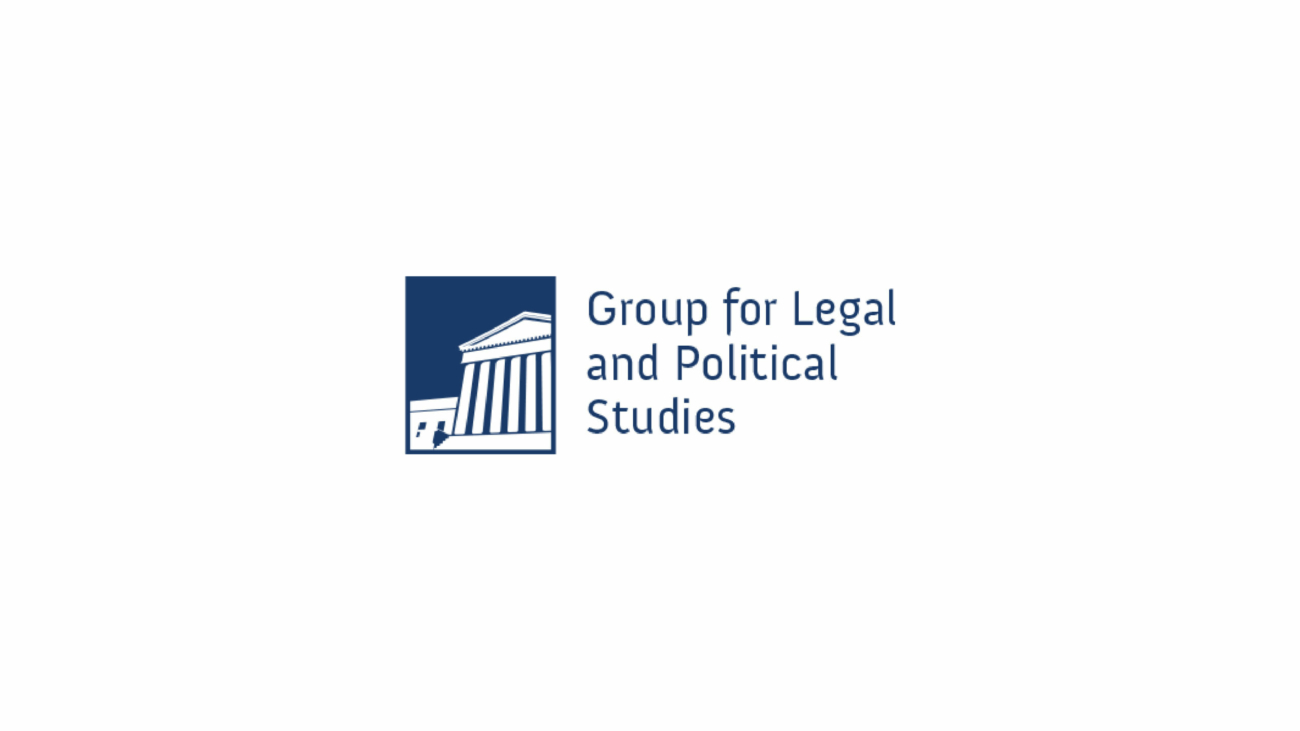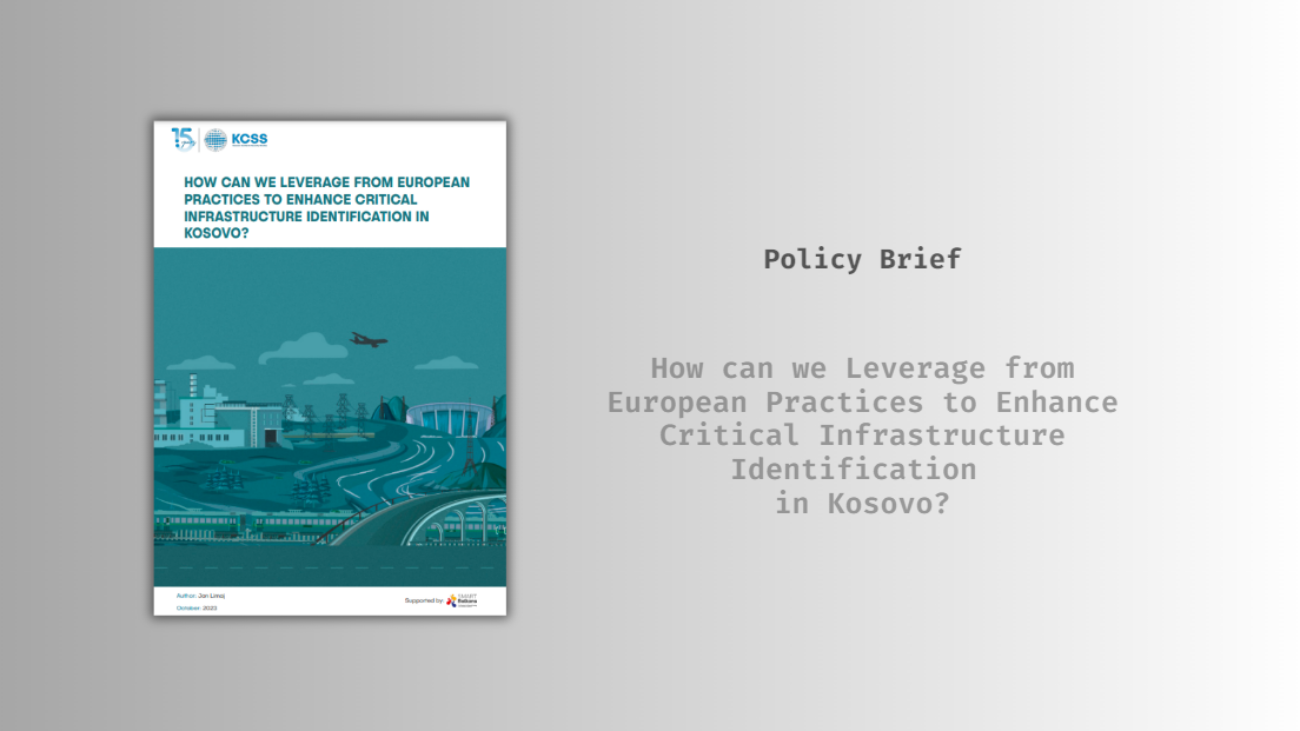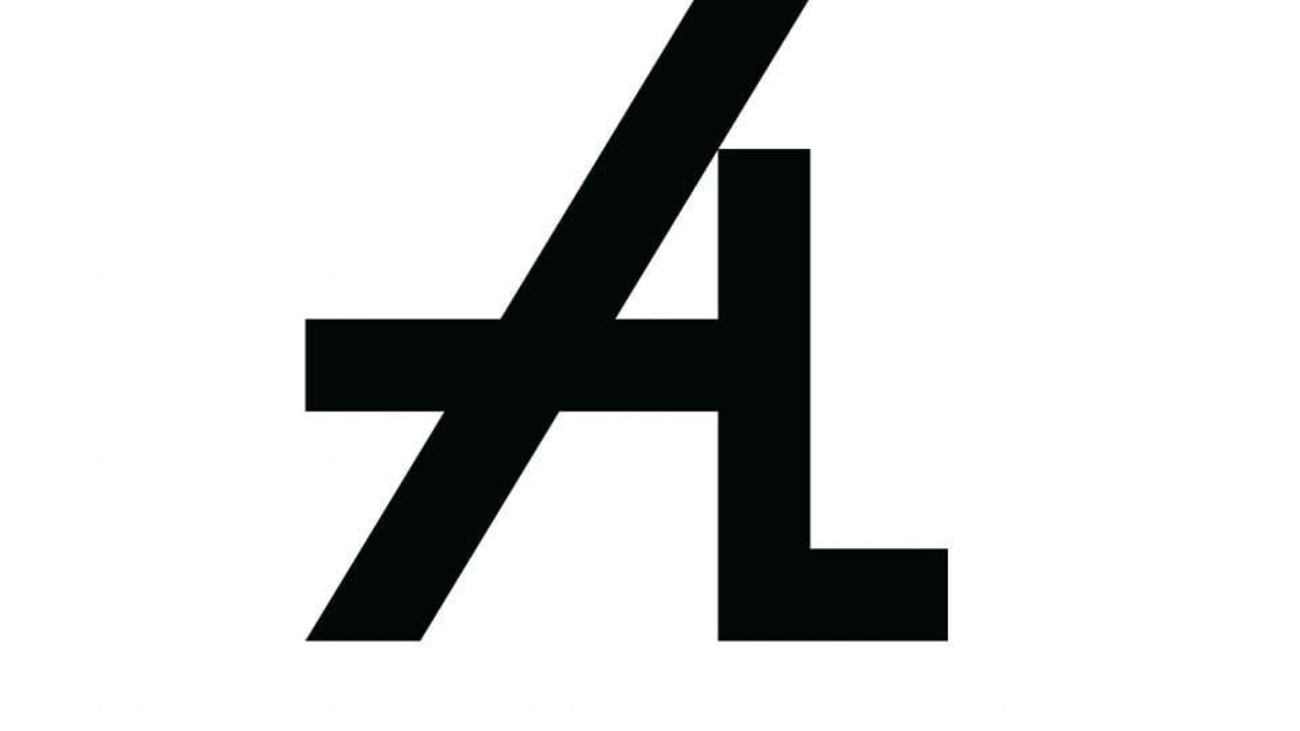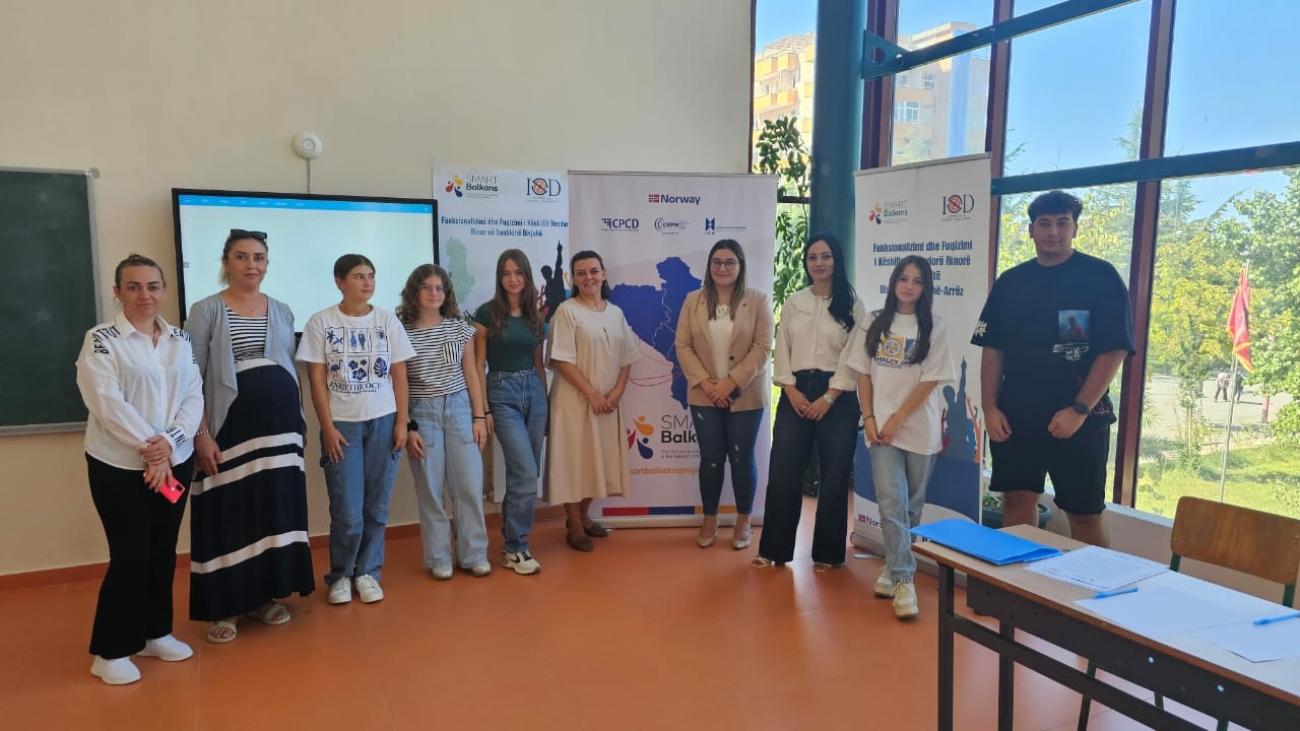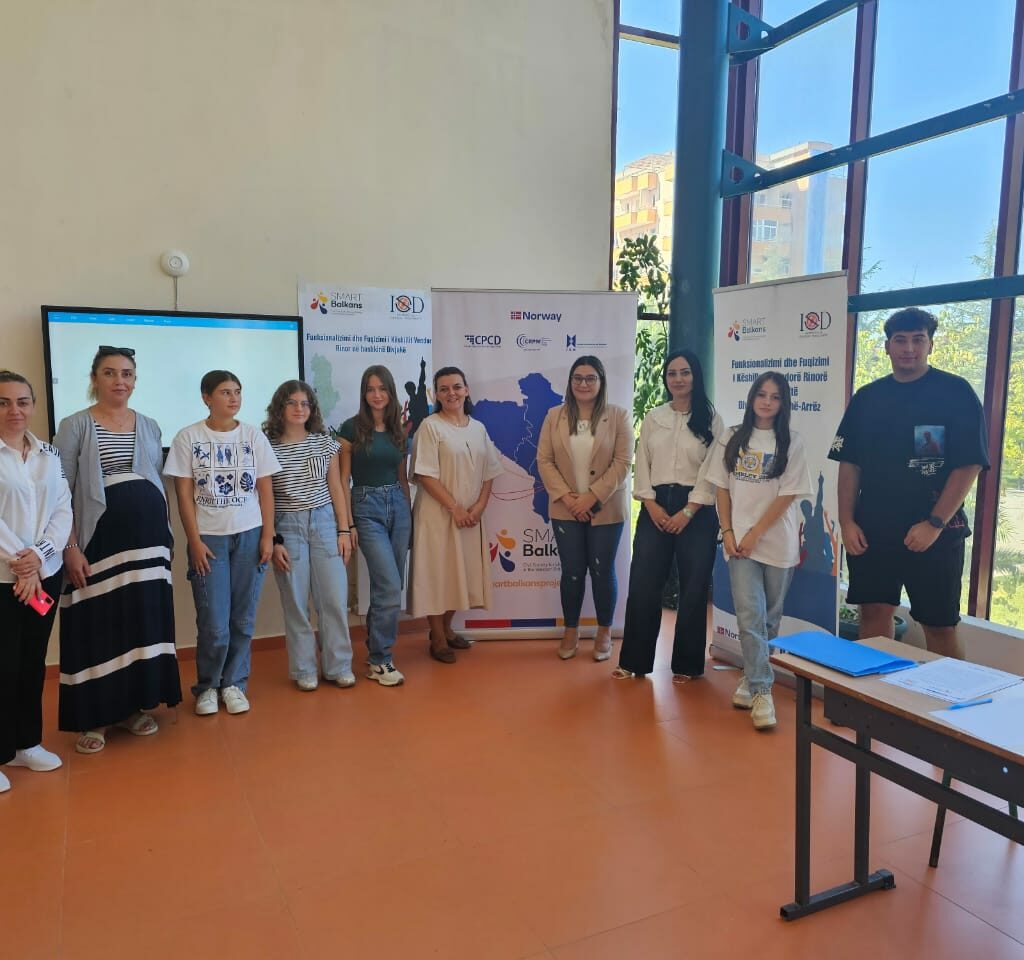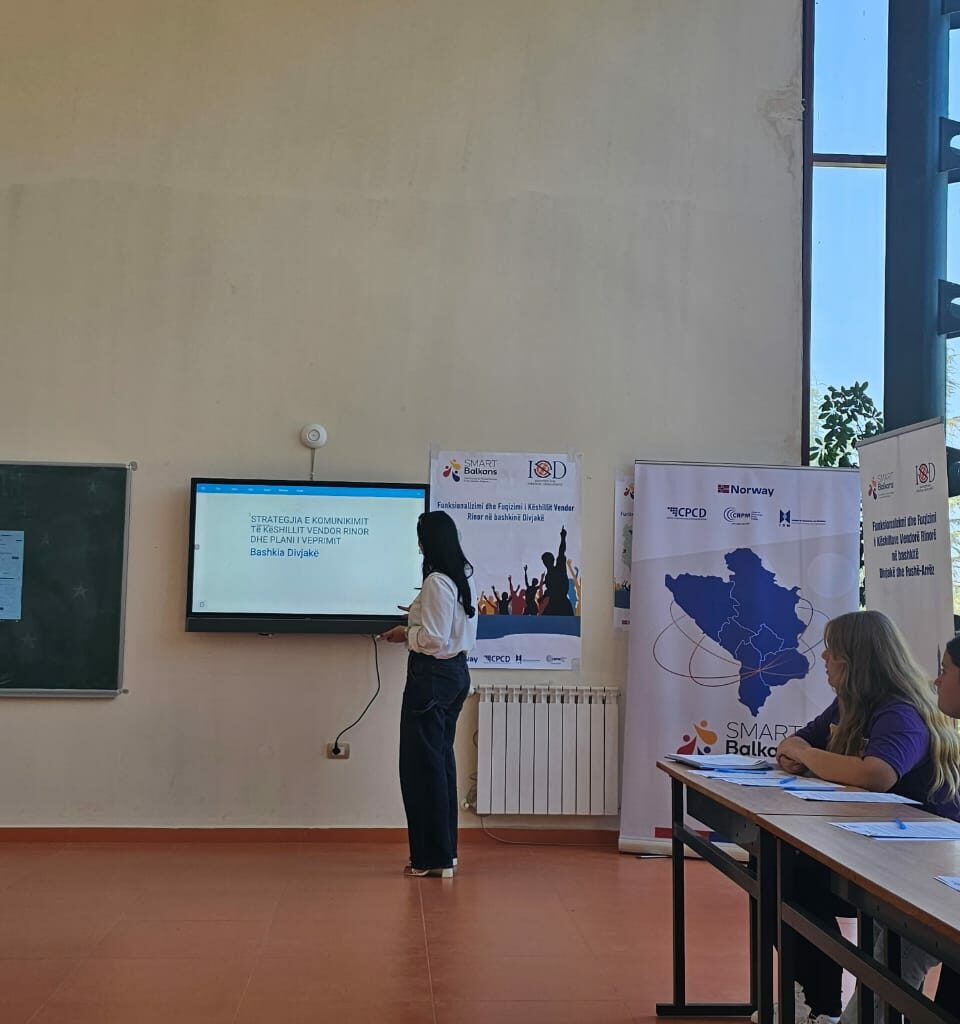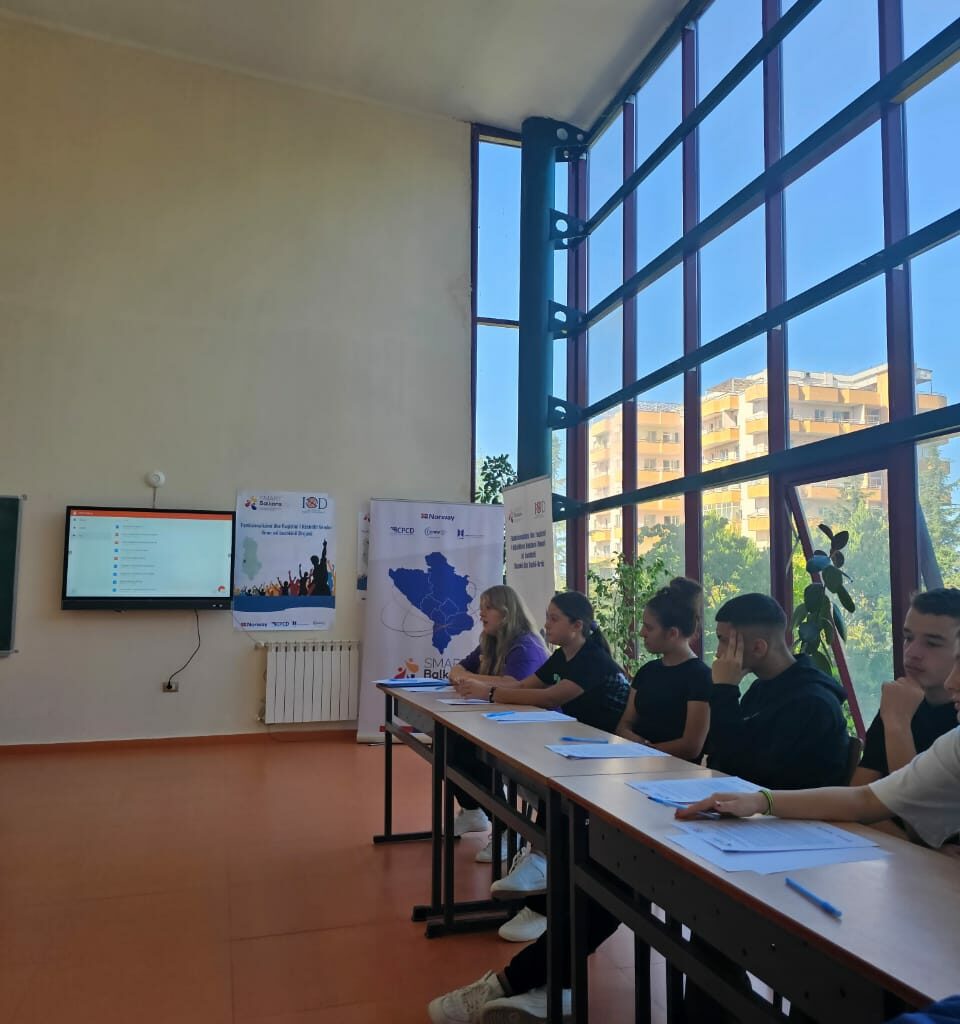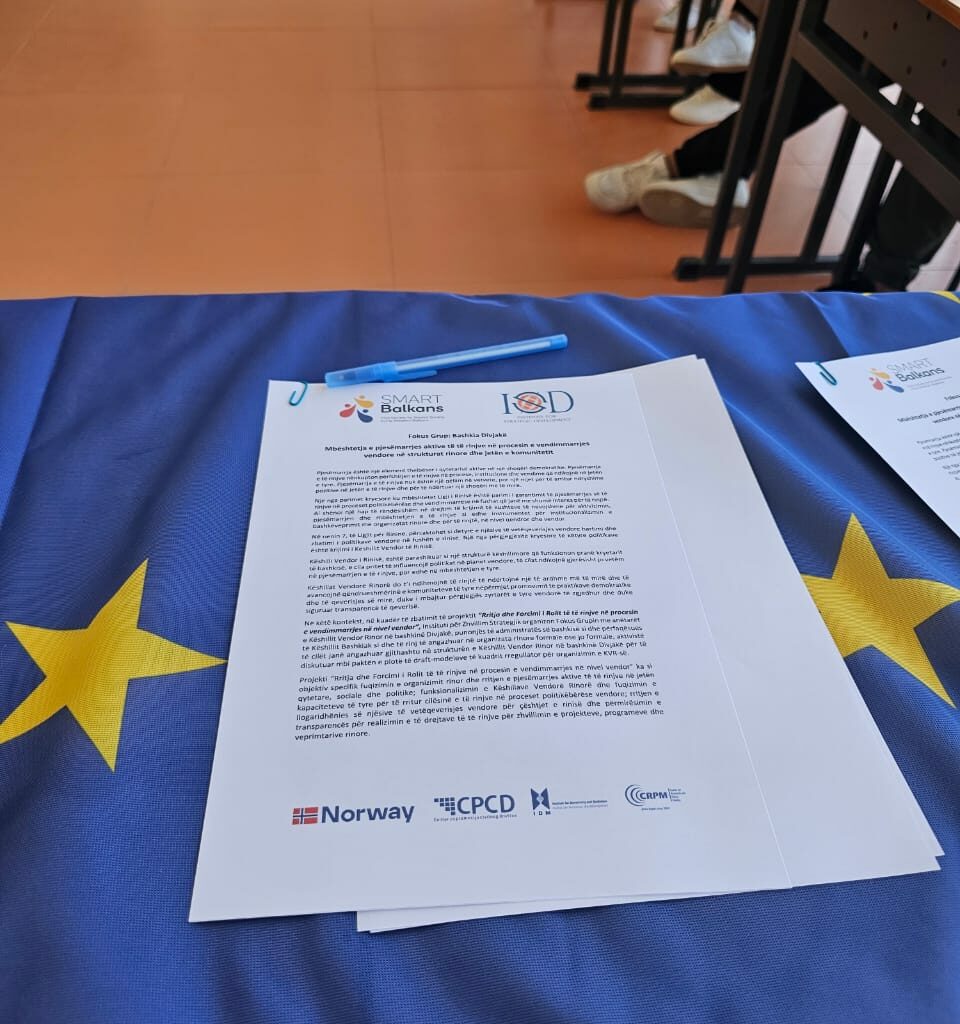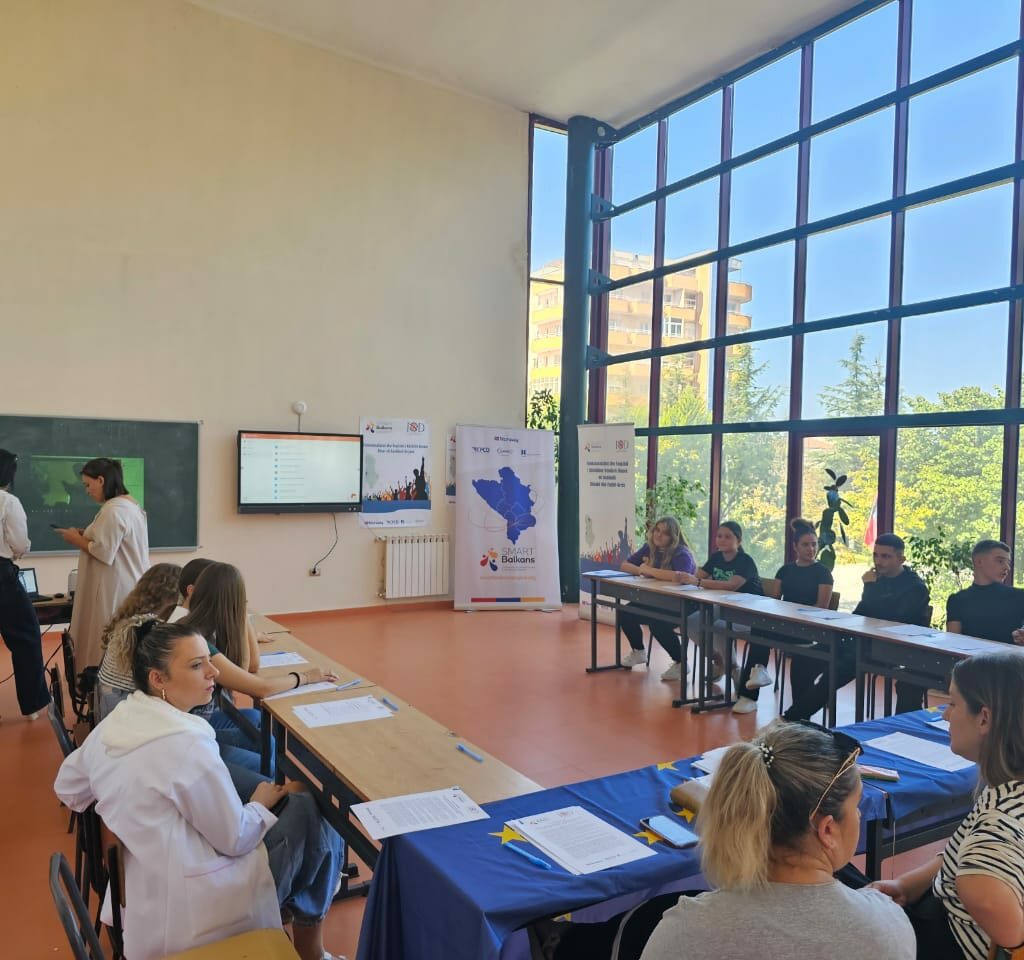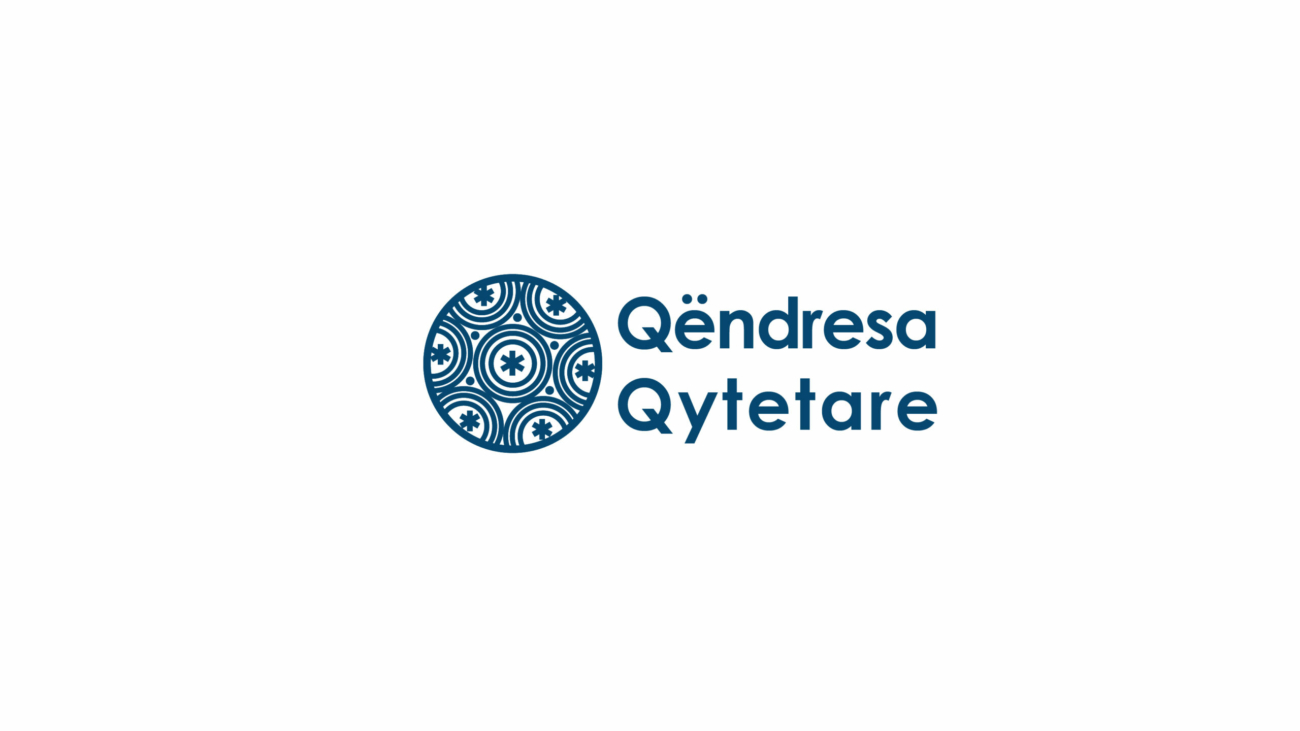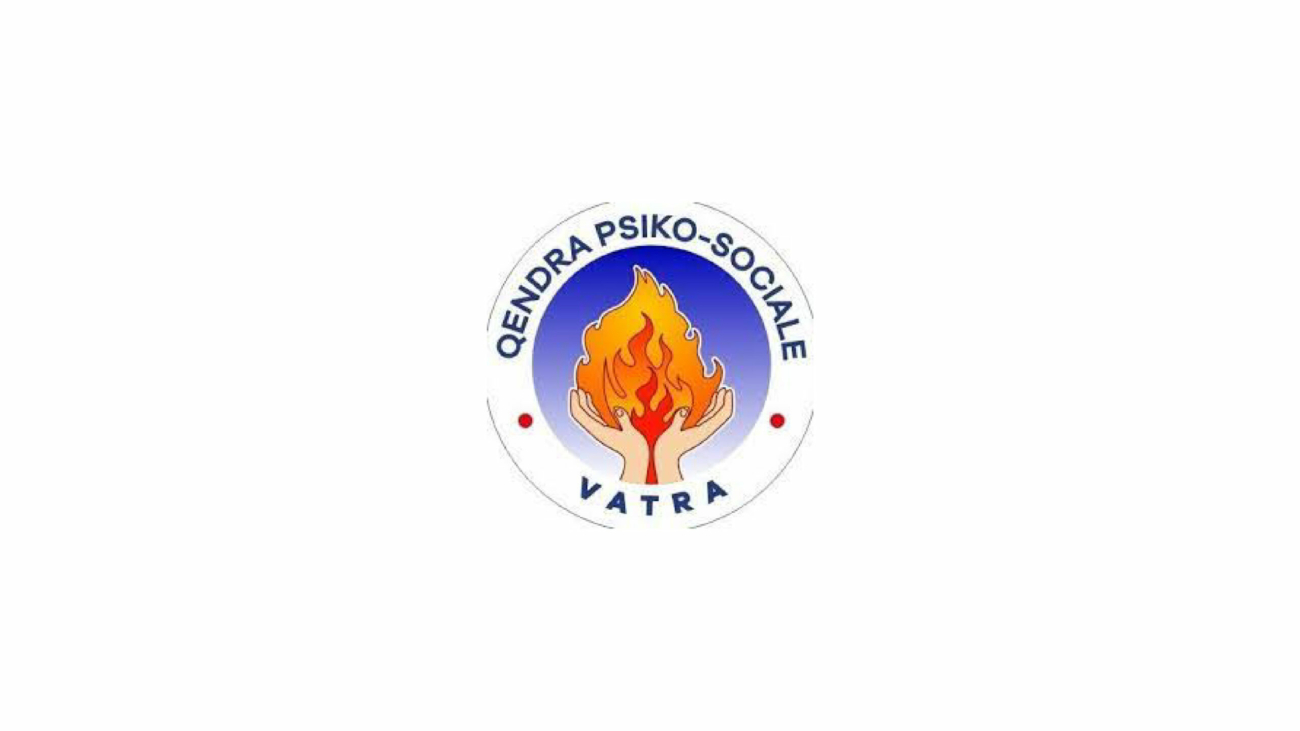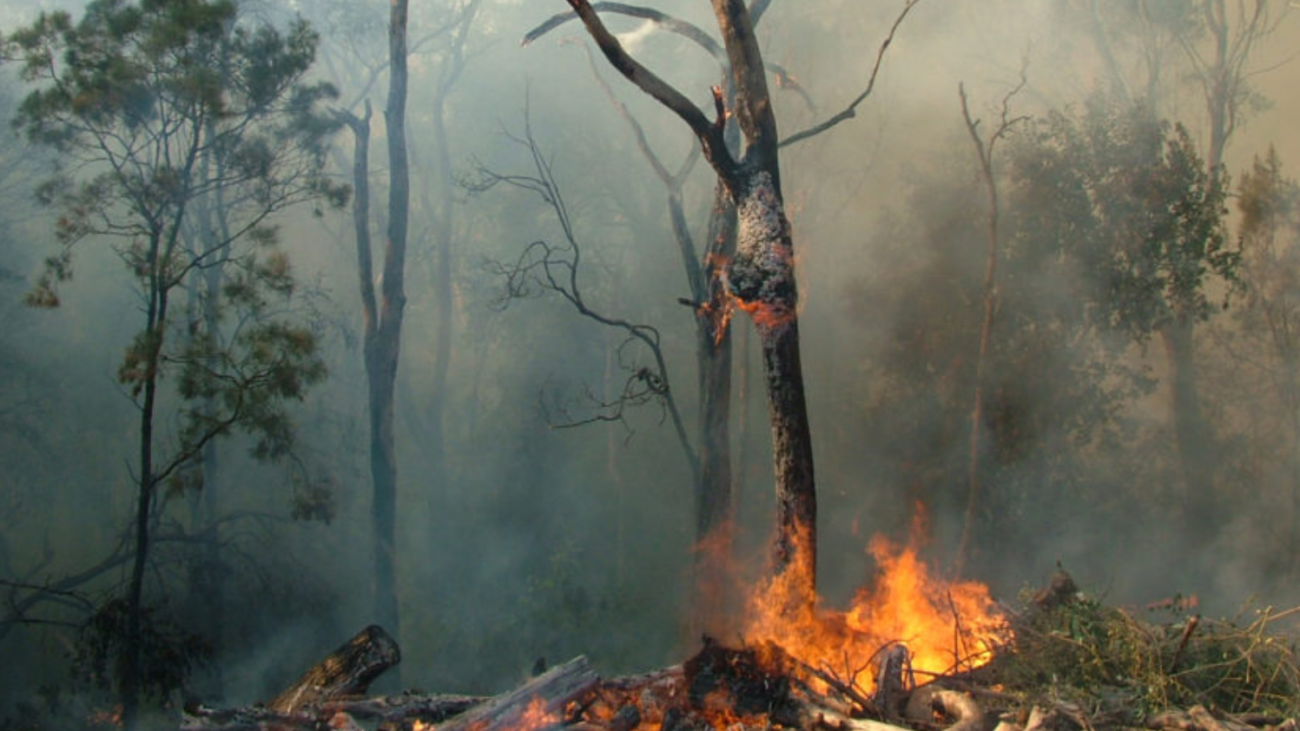First forecasted on Twitter last year, Republika Srpska has recriminalized defamation and damage to reputation and honor. The decree was signed this August, following an expedited and widely criticized approval process.
It was back in October 2022 that Milorad Dodik, president of the Bosnian entity Republika Srpska, tweeted an instruction for the justice minister to prepare legislation to criminalize defamation and damage to reputation and honor.
The Republika Srpska Justice Ministry responded by drafting amendments to the entity-level Criminal Code in March 2023. The new code treats defamation and infliction of reputational damage as criminal offenses, with offenders liable to fines ranging from 5,000 marks (2,500 euros) in case of insult up to 120,000 marks (60,000 euros) in cases where disclosure of sensitive details from the injured party’s personal or family life could lead or has already led to serious consequences.
On March 23, the National Assembly of Republika Srpska tasked the Justice Ministry with holding public consultations on the draft amendments within the next 60 days. Four related public hearings were organized, each in a different city of Republika Srpska.
During the public hearings, the media warned that, if adopted, the amendments would send Republika Srpska 22 years back to the time when libel was yet to be decriminalized. Local and international media outlets insisted on compliance with the media code of ethics and reliance on self-regulation mechanisms (such as correction notices or retractions). Additionally, they appealed for mediation procedures to precede lawsuits — in line with guidance in the entity-level Law on Protection from Defamation.
Regardless of the fines proposed, journalists explained that the main problem lies with the potentially long duration of criminal trials they could face for allegedly hurting certain people’s subjective opinions and emotions. Media workers voiced their disapproval by walking out of the public hearings. Meanwhile, ahead of the decisive National Assembly session, media professionals and the general population took to the streets of Zvornik and Banja Luka to protest the legislation.
The proposed changes to the Criminal Code would introduce articles that define defamation as a crime with possible fines of up to 2,500 euros, while similar fines are also established for disclosing or transmitting personal or family matters of an individual.
One paragraph in the article states: “The truth or falsity of what is disclosed or transmitted from the personal or family life of an individual is not to be proven.”
Curbing freedom of thought
Apart from the conclusions of the public consultations, the National Assembly received an urgent legal assessment report drawn up by the OSCE.
“It is also essential that the legislation clearly distinguishes value judgments, which are not susceptible of proof, from factual statements the existence of which can be demonstrated. A requirement to prove the truth of a value judgment is thus impossible to fulfill and infringes freedom of opinion itself,” the OSCE Office for Democratic Institutions and Human Rights noted in the report.
On July 20, without taking into account any of the criticism leveled within the public consultations or in writing, including the OSCE comments, the National Assembly green-lit the draft amendments to the Criminal Code of Republika Srpska.
This caused concern with the Office of the High Representative (OHR), UN special rapporteurs on human rights, the EU Delegation to Bosnia and Herzegovina as well as many civil society organizations.
“The recriminalization of defamation in Republika Srpska enables the authorities to suppress and censor media freedoms and civil society, curtail free critical thought, and silence dissenting voices,” the OHR noted in a recent announcement, adding that this type of practice represents an attack on civil liberties characteristic of authoritarian regimes
UN representatives dealing with freedom of expression, freedom of assembly and human rights called for the government to backtrack on the amendments to the Criminal Code and ensure that freedom of thought is fully respected.
“Bosnia and Herzegovina set a good example in the region by decriminalizing defamation 20 years ago, which can and should only be addressed through civil law. Recriminalization of defamation is a major setback to the enjoyment of the right to freedom of expression, not only in the Republika Srpska entity but throughout the country,” the UN special rapporteurs stated. They also emphasized that the criminalization of defamation goes against global and European trends.
A week after the amendments to the Criminal Code were approved by the National Assembly, the Bosniak Caucus of the Republika Srpska Council of Peoples decided to cast a veto and thus prevent the changes from being adopted by a two-third majority.
Five of the eight representatives in the Bosniak Caucus argued that the amendments jeopardize the Bosniak people’s vital national interest — calling on a mechanism put in place to protect each of the three constituent peoples of Bosnia and Herzegovina.
The Constitutional Court of Republika Srpska overturned the Bosniak Caucus’s veto on August 8.
Media professionals soon announced that they will directly petition Republika Srpska’s Constitutional Court to do a constitutional review of the bill if it receives a go-ahead from the Council of Peoples. In the meantime, President Dodik brought it into force through a decree published in the Official Gazette of Republika Srpska, which was done even though the Constitutional Court has yet to decide on the matter.
This initiative of Dodik’s has been part of his broader post-election campaign to shape public discourse and effect a transformation of the political climate.
Agents, enemies and others
In the months after the last election, Dodik set in motion several initiatives that the Justice Ministry of Republika Srpska swiftly took on. One of them was to pass legislation that would designate internationally funded civil society organizations as “agents of foreign influence.” Another proposed provision was to ban non-profit organizations from partaking in political activities and advocacy and prevent them from impacting not only lawmaking, but also legislative and executive government in general.
On the very same day that the Republika Srpska National Assembly passed the amendments to the Criminal Code, Dodik announced that another law will be proposed in order to “provide a legal basis for identifying enemies of Republika Srpska.”
Just days later, a number of media outlets that air or publish their content both in Republika Srpska and the Federation of Bosnia and Herzegovina were branded enemies of Republika Srpska by Dodik. This was the continuation of a campaign targeting media professionals and outlets, who he previously called “long-standing racketeering abominations.” Dodik’s verbal attacks against journalists have been incessant for years.
How these legal acts will affect the overall freedoms of expression, thought and assembly down the road depends on the independence and impartiality of the Republika Srpska judiciary.
According to Republika Srpska’s recently passed Law on Non-Application of the Decisions of the Constitutional Court of Bosnia and Herzegovina, all state-level decisions related to constitutionality will be unenforceable in Republika Srpska until the Bosnian-Herzegovinian Parliamentary Assembly adopts the Law on the Constitutional Court of Bosnia and Herzegovina.
This is part of Dodik’s efforts to prevent the European Court of Human Rights from appointing judges to the Constitutional Court of Bosnia and Herzegovina in the slots reserved for foreign judges.
These decisions made by the RS’s National Assembly bar residents of Republika Srpska from using legal protection mechanisms offered by the state of Bosnia and Herzegovina and guaranteed by its constitution.
Republika Srpska’s self-isolation is a way to create undemocratic mechanisms geared towards total political and social control of judicial, political and social institutions. Limiting the ability to criticize public officials and policies, branding critical assessment of lawmakers as hostile actions and restricting NGOs and nonprofits from working to influence government decision-making reveals a tendency to exclude the public from the political sphere.
This disregard for established procedures is an act of political self-will done by an autocratic leader who manages political institutions with the police. Involving the police in defamation and damage to reputation and honor cases is bound to put pressure on independent and investigative media, which may lead to media shut-downs, confiscation of media property and equipment, police surveillance or obstruction of coverage.
For anyone who ends up being designated as an “enemy of the people and entity” and goes on trial for damaging the reputation and honor of a public official or a company owned by a public official, it would be unimaginably difficult to do their job and go about their everyday lives. And all because they were reporting on corruption and other crimes.
The tactics and tools used by Milorad Dodik and his regime constitute not only a violation of freedom of expression, thought and assembly, but also an act of lustration, a purge.
BACK TO THE BEGINNING OF THE MILLENNIUM

